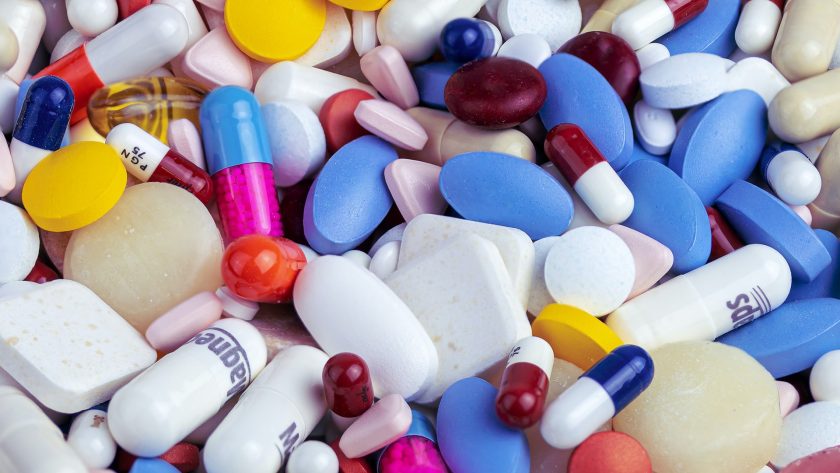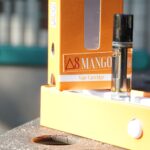It’s not the same as selling other products when you provide devices for hospitals and doctor’s offices. You need to be aware of a number of things, including how to store and maintain the devices in compliance with Food and Drug Administration (FDA) regulations. It is crucial to choose the right company from a variety of medical device logistics companies. This may leave you in a quandary when trying to figure out how to proceed.
These are the steps to consider when choosing a company that will handle medical device logistics.
- Verify compliance of the company with FDA regulations
- Choose a provider that has strategic warehouse locations
- Make sure the provider meets your specific storage and distribution requirements
- Verify the company’s transportation capabilities
- Talk about additional services if needed
- Develop a reverse logistics plan
- We provide a detailed guide that explains each step in detail. This will give you an overview of what it takes to find the best medical device logistics company.
Are you looking for an easy way to store and ship products? R+L Global Logistics is your fulfillment and distribution partner.
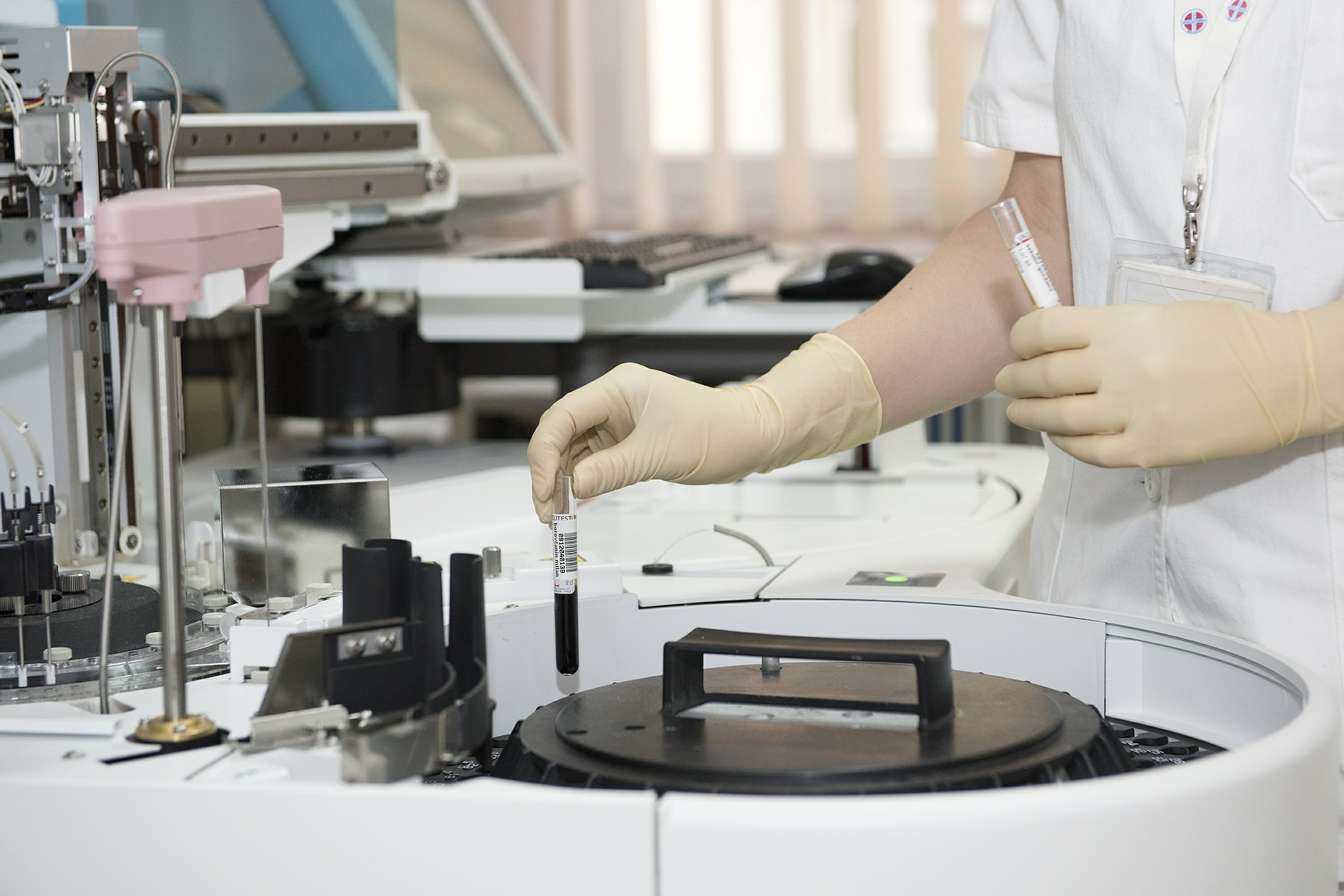 Step 1: Comply with the FDA
Step 1: Comply with the FDA
Although it’s difficult to rank the steps involved in selecting a logistics company that will handle your medical devices, it’s easy to quickly remove Northwest haulage companies from the list if they don’t comply with the FDA’s best practices and regulations.
Let’s first discuss what makes a medical device. While one might think of MRIs and x-ray machines as complex technology, in reality, a medical device can be anything from tongue depressors to ubiquitous tools such as blood glucose readers. The healthcare industry and the healthcare system are in dire need of these products. It is important that all medical devices are easily available.
There is actually a section – 201(h) of the Food, Drug & Cosmetic Act — that covers what the FDA defines as a medical device. There are three factors that will determine whether your item is classified as a medical device.
- It is recognized by the U.S. Pharmacopoeia and National Formulary.
- This device is designed to treat, prevent or cure disease
- This is anything that can alter the structure of the body’s functions without the need for chemical reactions or chemical actions.
Once you’ve been able to decide if your product is a medical device based on the above criteria, then you can check the FDA Product Classification Database to check if the devices you plan on making available are in a classification that already exists. There are several things you can do to help make this decision.
- You can search the database.
- You can search the internet for similar products or use our database to find them.
- Check the device listing to find similar devices
Software, whether it is a mobile app or a computer program, can be classified as a medical device. This gets its own designation of Software as a Medical Device (SaMD).
Step 2: Choose the right warehouse setup
Once you are certain you have medical devices that meet FDA regulatory standards, you can now find the best place to store them until they reach their intended destination.
This is an important step towards finding the right logistics company for your medical devices. If possible, you should visit any warehouse where your products are stored. Medical devices can be very expensive so you want to ensure that your products are properly taken care of. You can do your research if you are unable to visit the warehouse. You can easily find reviews about logistics companies on the internet to get a feel for them.
You should keep medical devices, particularly those with electronic components, in a climate-controlled, clean warehouse. Although medical devices should not be perishable they must be kept in the best conditions. To maximize efficiency and protect the integrity of your medical equipment, your warehouse should be set up logically.
Also, many warehouses have a Warehouse Management System (WMS) that keeps track of where and how many of the devices are in the building. These systems are useful because logistics companies can share information with you, mainly the quantity, to help you fill orders more accurately and determine when you should send more medical devices.
The location of the warehouse is another important aspect. Imagine that your company is based in Seattle, but does a lot of business in New York City. If the product will be distributed across the United States, the warehouse you offer should be close to the location where it needs to be placed.
In summary, you should look for temperature-controlled warehouse solutions in a location that is convenient for your business.
Are you looking for an easy way to store and ship products? R+L Global Logistics is your fulfillment and distribution partner.
Step 3: Ensure that the logistics company is FDA registered
This could be done before or after the inspection of the warehouse, but we’re putting it next. If you don’t like the location or the way they are run, you won’t bother about the next step.
This is vital in many ways. FDA registration is only possible if a logistics company is in compliance with all applicable regulations. If the FDA wants to register a warehouse, it must be clean and safe. This includes pests like rodents and insects.
This next requirement is not only for perishable items, but it’s still important to have for medical devices. This is a clear and precise labeling system. The labels must include any expiration dates, temperature requirements, or batch numbers. The FDA requires that labels be clearly visible to show the chain of custody for medical devices. Lot control systems are another thing that is similar to labeling requirements.
These systems are designed to ensure that all items in a warehouse are properly stored and organized in a way that makes it easy to access them at a moment’s notice. This system allows goods to be separated from each other from different brands or batches. If there were any recalls, the lot control system could be helpful in lowering costs.
FDA warehouses must be subject to regular inspections. They also need to have plans in place for any accidents or emergencies. In many cases, the building should be secured so that no one can enter or leave it.
Classifications of Medical Devices
This applies to the medical devices you will be stored as well as any warehouse providing fulfillment services. But the FDA-registered logistics company you decided on should be able to accommodate both Classes I and Class II medical devices. The FDA classifies medical devices into different classes to indicate the risk to the patient and healthcare professionals using them.
It is important to ensure that Class I and Class II medical devices can be handled, and that logistics companies can handle the additional labeling required by Class II medical devices.
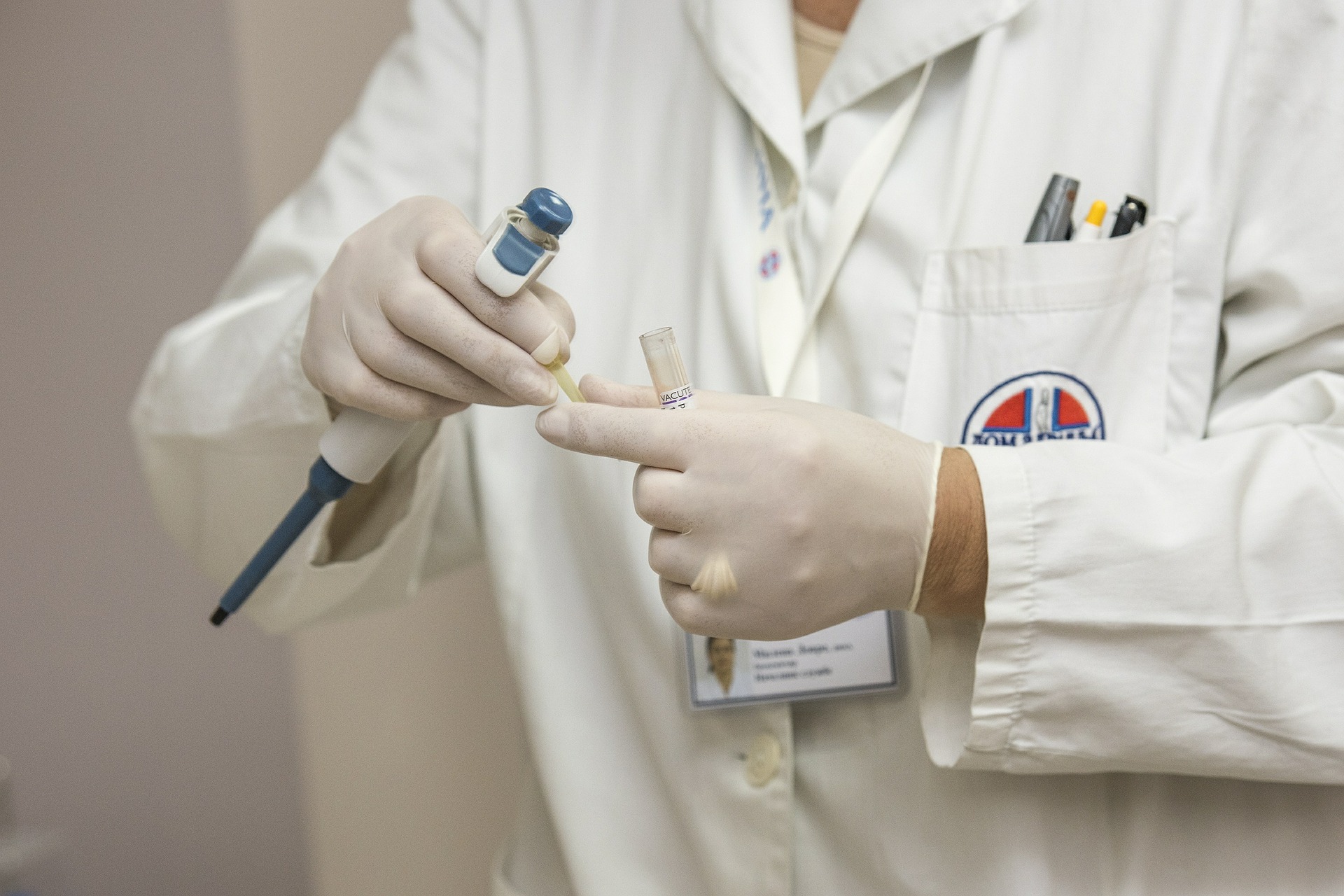 Step 4: 3PL’s Shipping Capabilities
Step 4: 3PL’s Shipping Capabilities
Now you know that third-party logistics (3PL), which is certified by FDA, can properly store and handle your medical devices. What is the best way to get your items from their warehouses directly to customers? While healthcare logistics is different from regular logistics, there are some basics that your 3PL company should be capable of offering you in terms of logistics solutions.
The first is the availability of trucks that can deliver your products anywhere in America. These 18-wheelers should always be available to transport medical devices to their destination. A fully covered 3PL can provide vans to transport smaller or more secure items. They also have partnerships that enable the use of ocean freight shipping, rail freight shipping, and air freight shipping for those times when an 18-wheeler is not available.
You should not only be able to move stuff by sea, air, or road but also look at their on-time arrival rates and incident reports (if they are available). This will show that transportation for medical devices is not only common but also that you can agree to have your products shipped by the 3PL. You should feel comfortable with the services offered by transportation companies, no matter what happens.
Although it may be difficult to get some of the information you need, it is important to ensure that the 3PL you are considering has financial strength and is in good standing. Domestic transportation may be sufficient depending on your needs. However, it might be beneficial to have a global network should you need that type of access.
Cross docking is one service that your business may need. Cross docking allows medical devices to be quickly transferred from one truck or another. R+L Global Logistics offers cross-docking services through multiple facilities across the U.S.
Step 5: Are They able to Fulfill Orders?
Although the company that handles medical device logistics may store and ship your order, it is reasonable to wonder if you can also place orders. After receiving your order, the 3PL stores your medical devices in their warehouses. The 3PL then packs or transports the items to you. This step is very important in the supply chain solution list. It makes sense that, if you use the warehouse storage of 3PLs — in most cases — you would not want the stuff returned so you could ship it.
As with the previous steps, they won’t be able to just put your stuff in a box or ship it generically. If the presentation is important to you, however, it’s not enough. You need to find out if the company can fulfill your orders in a manner that best represents your business. You must trust your business partner implicitly if you hire a company to handle your order fulfillment, warehousing, and shipping.
If you’ve determined that the medical device logistics company offers warehouse fulfillment services that meet your needs, then you can move onto the next step.
Step 6: Look Into Reverse Logistics
Manufacturers and wholesalers must deal with returns, regardless of whether they are dealing with medical devices or other products. This can be handled one of two ways — you can have the customer ship the item directly back to you, or you can have the 3PL company who originally fulfilled the order also deal with returns — otherwise known as reverse logistics.
A reputable logistics company for medical devices can offer custom solutions to your needs so that you get the returns you desire. Each option has its own advantages.
The 3PL can do it all: This is a great option if you have already trusted them with all your needs and don’t want any more headaches. The 3PL will ship a new product back to you and then dispose of, recycle or salvage any usable parts. The items being disposed of or recycled will prevent them from being re-routed back to you. Additionally, salvaging resources from non-functional medical devices can save money and be environmentally responsible.
You can ask the 3PL for returns and have them shipped back to you. You can be more involved in how the returns are handled or you may want to ensure that the recycling/salvaging process goes according to your specifications. They can send them to the 3PL to receive the initial intake. The 3PL can then separate the items into the appropriate categories, dispose of the trash, and return the remainder to you to determine what can be recovered.
The 3PL company can not do reverse logistics. If you want complete control, you can ask your customers with problems with their medical devices to send them back directly to you. You can send them a replacement product if they have an urgent need, but the 3PL will not handle the non-functional or broken products.
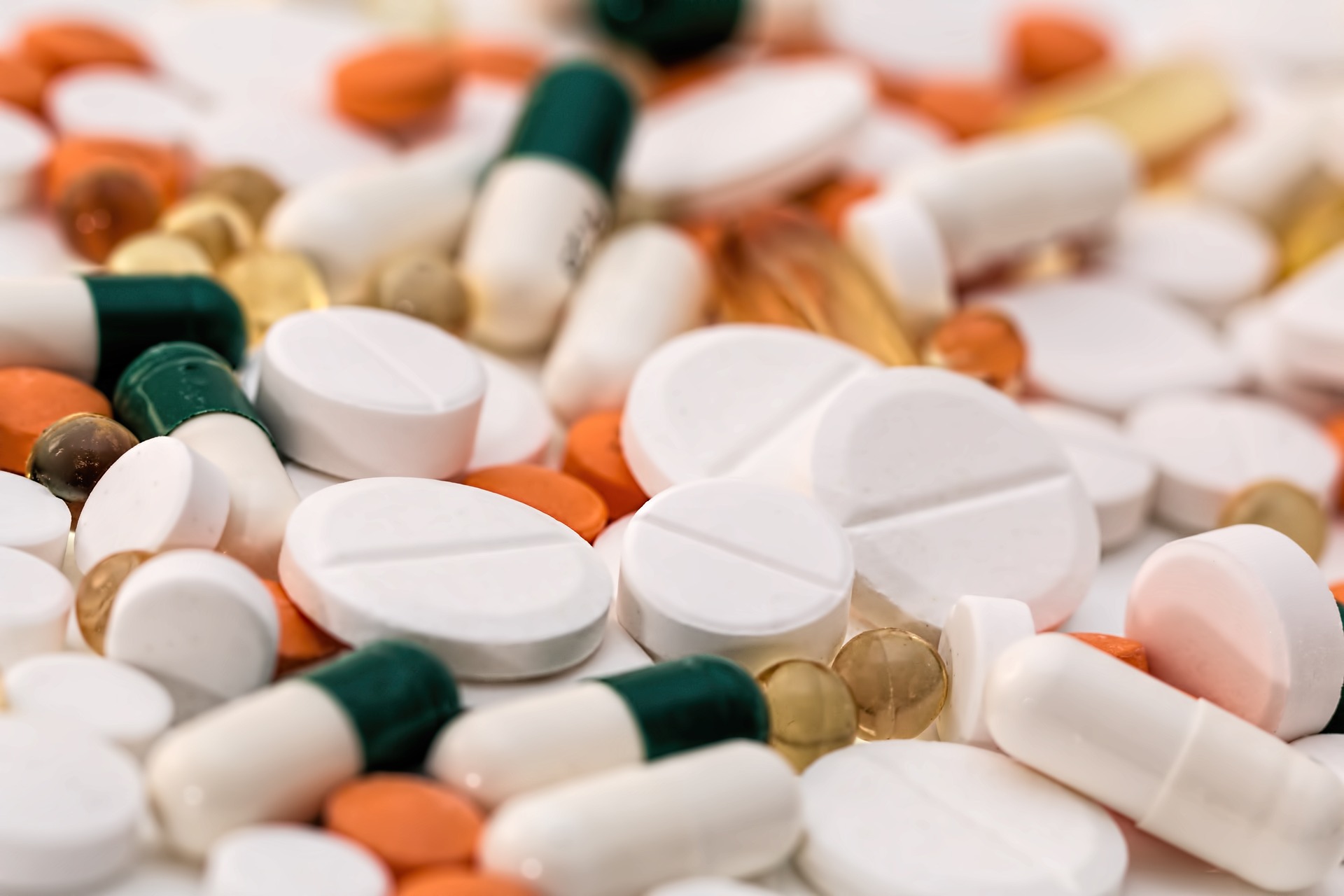 R+L Global Logistics is your medical device logistics company
R+L Global Logistics is your medical device logistics company
Now that you have an idea of what logistics companies for medical devices do and how to choose the best one, you can call R+L Global Logistics immediately. R+L Global Logistics, a company that is experts in this field, can handle all aspects of the logistics involved with shipping medical devices.
R+L Global Logistics has everything you need for your business through the entire supply chain. We are FDA-registered providers and can store your medical equipment in a warehouse near you. We also know that not all medical devices can be kept dry, so R+L Global Logistics provides climate-controlled storage.
R+L Global Logistics is also able to fulfill your order. You can choose to have smaller medical devices picked up and packed on a dry van or 18-wheeler and shipped directly to the customer.
We also handle other aspects of the supply chain such as reverse logistics (returns), cross docking transload and general 3PL warehouse services. Our exceptional knowledge, work ethic, and industry-leading customer support are all part of every service we offer.

